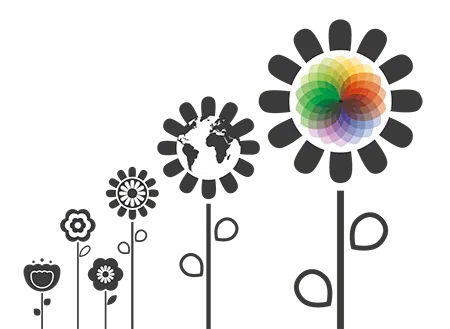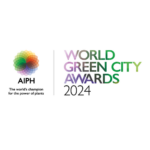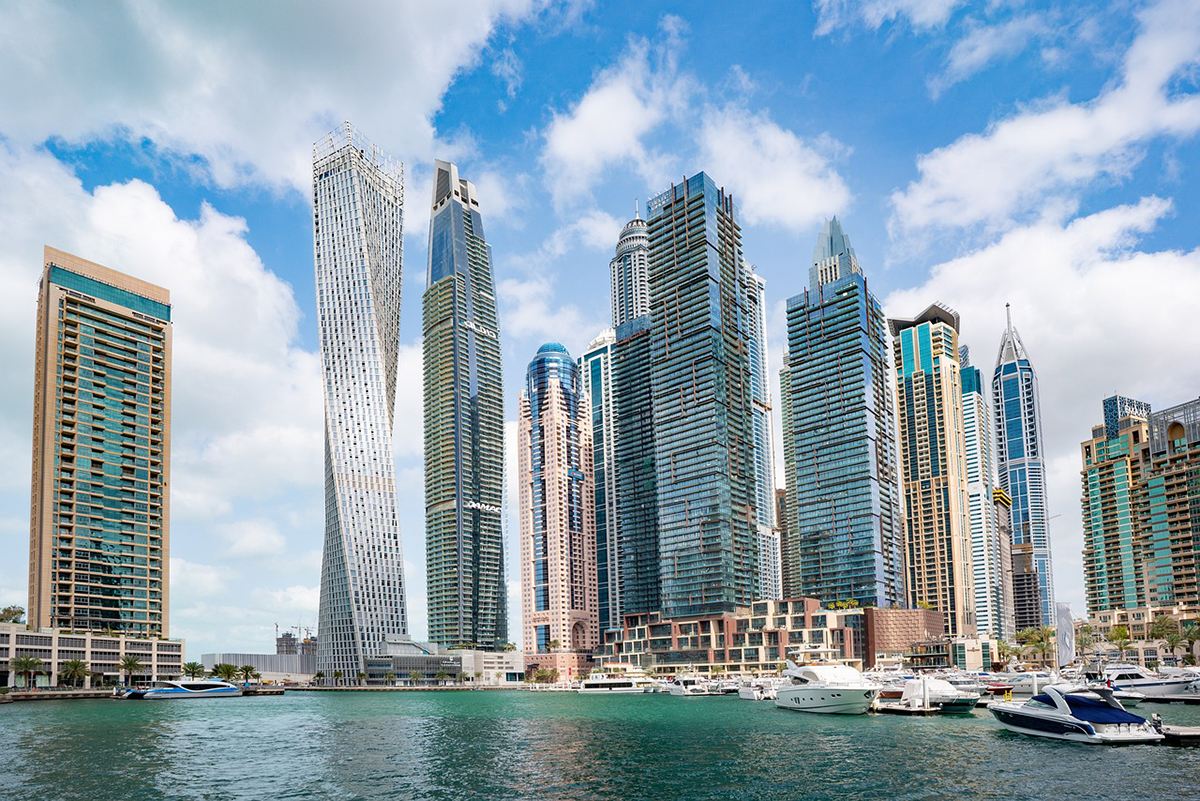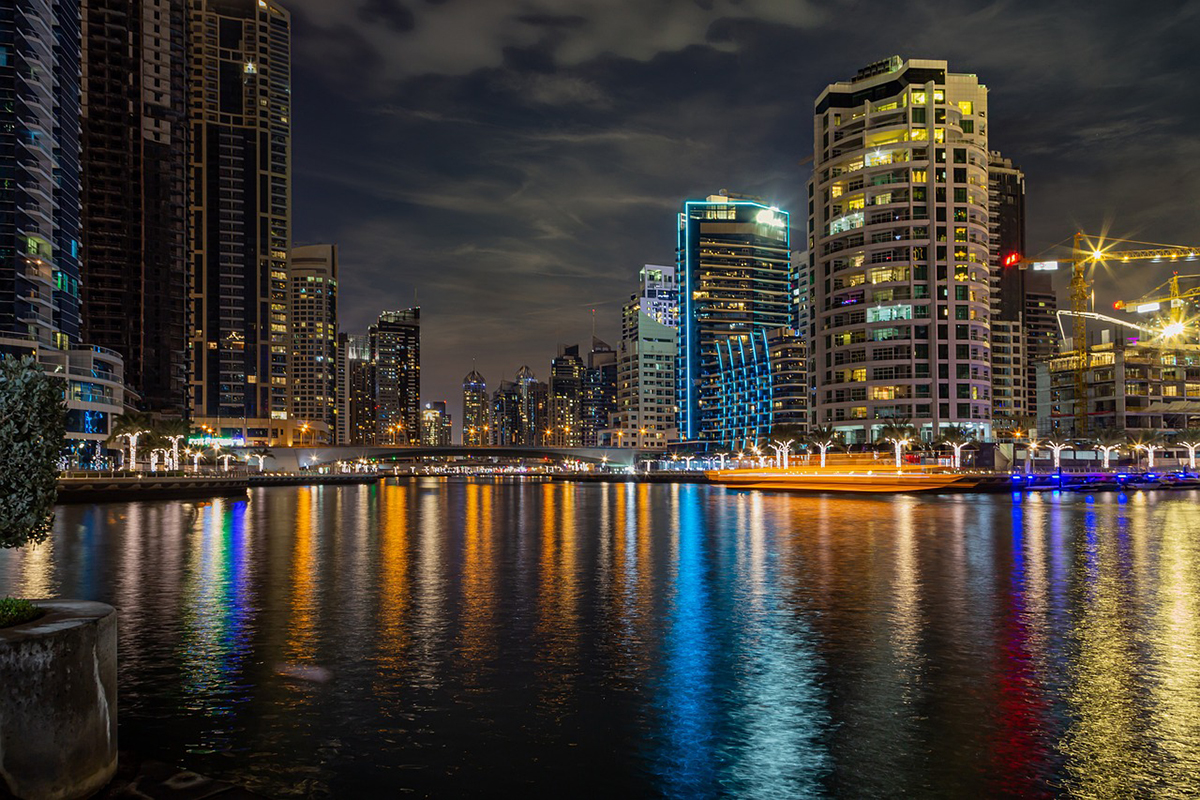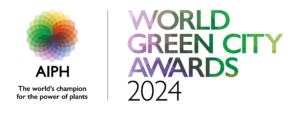Benefits of Urban Greening
Harnessing the Power of Plants
The initiative to harness groundwater and natural ecosystems for the benefit of Dubai Emirate is typically shaped by a strong foundation of scientific evidence that demonstrates the potential of these resources to deliver a wide range of benefits. This evidence serves as the basis for crafting a bold and innovative vision for Dubai’s future. It begins with data collection and extensive data analytics applied in the domain of groundwater wells consumption, where our data analysts and business experts study the local hydrogeology and natural ecosystems to understand their capacities and dynamics. This involves assessing groundwater availability, quality and recharge rates, as well as the health and resilience of natural ecosystems. Supporting and protecting the natural ecosystems will improve recreation and tourism, since the well-preserved natural areas attract tourists and boost the local economy.
Advanced modelling techniques are used to assess the potential impact of utilising groundwater and natural ecosystems on Dubai’s environment and economy. These models help quantify the costs and benefits, taking into account various scenarios and future trends. The groundwater wells monitoring initiative is put into action through policies, projects and investments. Ongoing monitoring and evaluation ensure that the desired benefits are being realised and that adjustments are made as needed to optimise the outcomes.
Delivering Multiple Benefits
Dubai has faced water scarcity challenges due to its limited freshwater resources. Dubai has explored and exploited groundwater wells and associated ecosystems to deliver multiple benefits that are summarised into the following resources:
Dubai has heavily relied on groundwater wells as a source of drinking water for its growing population. These wells tap into underground aquifers to extract freshwater, providing a vital source of potable water.
Groundwater from wells is also used for agricultural purposes, helping to support local food production. Dubai Municipality has been able to thrive, in part, due to the availability of groundwater for irrigation, enabling the cultivation of crops in a desert environment.
Groundwater is used for landscaping and maintaining green spaces in the city. Dubai is known for its lush parks, gardens and golf courses, which rely on well water for irrigation. These green areas not only enhance the city’s aesthetics, but also contribute to a more pleasant living environment.
Access to groundwater resources has contributed to economic growth in Dubai by supporting various industries. Agriculture, horticulture and landscaping businesses have flourished, creating job opportunities and stimulating economic activity.
Dubai’s impressive golf courses, water features and resort developments have attracted tourists from around the world. The use of groundwater to create and maintain these recreational areas has boosted the tourism industry, a significant source of revenue for Dubai Emirate.
Dubai Emirate has been investing in alternative water sources and technologies, such as desalination and treated wastewater reuse, to further address its water supply needs.
The City’s Bold and Innovative Vision
The vision for a groundbreaking groundwater initiative in Dubai Emirate would likely revolve around achieving sustainable management and preservation of groundwater resources while meeting the growing demands of the city’s residents and industries. The presented capabilities support the groundwater initiative to be bold, unique and innovative, where implementing advanced groundwater management technologies that could employ state-of-the-art techniques such as advanced groundwater modelling, smart infrastructure based on IoT metres and sensors to monitor the groundwater levels and quality in real-time, and implementing advanced machine learning algorithms to better understand groundwater dynamics and make data-driven decisions. This would enable efficient water allocation and timely interventions in case of anomalies or contamination.
Partnerships and Collaboration
Collaborative working across disciplines and sectors is essential for the success of a groundwater initiative, especially when involving stakeholders outside the traditional green space or environmental sectors. Groundwater engineers can play a pivotal role in designing an efficient infrastructure that optimises groundwater recharge and storage. Their expertise in hydrology, hydraulic engineering, and groundwater modelling can inform the design of structures like retention basins, permeable pavements and artificial recharge systems to maximise water infiltration. From the digital perspective, collaboration enables the integration of environmental and engineering data, which can be crucial for making informed decisions. Data from groundwater monitoring, rainfall patterns and water quality assessments can be combined with engineering data to optimise recharge rates and water allocation. This enhances the groundwater initiative by bringing diverse expertise to the table.
Addressing Urban Challenges
The Issue
This matter is considered an issue for the city because it’s affecting the sustainability of life in the city, affecting the water volume and stock. If the water level is reduced and the consumption of the water is increased more than normal and more than the allowed level, then the main source of the water will be in danger.
There are more than 450 locations using under groundwater in Dubai, these locations should be monitored in good matter and instantly. Water quality should be monitored as well because any affect on the water could affect the use of it.
The Impact of the Issue
The serious problems associated with groundwater depletion and contamination are multifaceted and have serious consequences for various stakeholders, where the actual impact on the citizens is presented through the water scarcity, affecting the daily lives of residents who rely on it for drinking, cooking and bathing. Thus, groundwater shortages can disrupt production processes, impact agricultural activities and increase operational costs.
A Nature Orientated Future
From the nature perspective, involving the community in tree planting and other conservation efforts fosters a sense of ownership and responsibility. This not only aids in groundwater management but also supports biodiversity and helps protect the overall environment. This engagement can lead to long-term sustainable practices and a greater understanding of the importance of groundwater resources.
Nature Positive Solutions
Implementation
The initiative was just completed this year, but the journey was long to reach this goal. In 2019, 74 monitoring stations were completed with full equipment and sensors. Dashboards were established and linked with the Environmental Sustainability Management Department. In 2020 COVID-19 came and made the work very slow, but the challenge made us stronger. A revised plan was approved by the top management to continue the implementation and the team resumed work after the pandemic. Installation of the digital flow meters started for the 450 under groundwater wells with the sensors, followed by the data in the database to feed the dashboards.
Feasibility
IoT technologies have significantly evolved, becoming more cost-effective and efficient. Sensors, communication modules and data analytics tools have improved, making it easier and more affordable to deploy IoT solutions for groundwater monitoring. Thus, investing in IoT for groundwater monitoring yields long-term benefits by preventing groundwater depletion, contamination and ensuring sustainable usage. Conducting a comprehensive cost-benefit analysis helps justify the initial investment. Dubai Municipality considered IoT solutions to enable real-time data collection and analysis, allowing for proactive decision-making in managing groundwater resources. This led the development journey to more efficient allocation of resources and better conservation efforts.
Multi-Stakeholder Support
Everyone in the city, as one society, is working for Dubai’s sustainability of each nature domain. The farmers using the groundwater wells help to install the digital flow meters, participate in the discovery journey, and provide all the required information to the municipality team.
Contractors and construction companies use the same digital flow meters when they are using groundwater wells. Each citizen and expat in Dubai cooperates with the municipality team to achieve the goal of a sustainable Dubai.
Management and Maintenance
The main goal of designing and implementing a groundwater wells initiative is to ensure efficient, effective and sustainable management, and maintenance for the long term requires careful planning, collaboration and proactive problem-solving. This includes the installation of real-time monitoring systems to track groundwater levels, water quality and well performance. The collected data will inform maintenance needs. Conducting a thorough assessment of Dubai City’s water demand, both current and future projections, helps to determine the number and capacity of groundwater wells needed.
Measuring and Reporting Impact
Monitoring Results
Monitoring groundwater wells is crucial for ensuring a sustainable and nature-positive outcome for Dubai Emirate. DM worked extensively to achieve its targets, where several protocols and initiatives were put in place, such as establishing a routine schedule for water quality testing in the groundwater wells. Key parameters were used to monitor the pH, turbidity, dissolved oxygen, nitrate, phosphate, heavy metals and microbial contamination. The collected data helped the specialists in Dubai Municipality to identify pollution sources and assess the overall health of the groundwater and consumption trends. Continuous monitoring of water levels in wells is essential to track changes in groundwater levels over time. This supported the DM team in managing sustainable withdrawal rates and detecting trends related to groundwater recharge. The Digital Transformation Department within Dubai Municipality established a centralised database to store, manage, and analyse all monitoring data. Data visualisation tools and models to interpret trends and predict future groundwater conditions were implemented.
Demonstrating Progress
Monitoring groundwater wells plays a crucial role in demonstrating progress and expanding greening ambitions in Dubai City by providing tangible data and evidence of the positive impact of sustainability efforts. The measurable progress in groundwater monitoring has enabled Dubai Emirate to attract interest and funding for new projects and strategies. Firstly, groundwater monitoring generates valuable data on water quality, quantity and trends over time. Measurable progress in improving groundwater quality and levels provides concrete evidence that sustainability initiatives are effective. Decision-makers can use this data to make informed choices and prioritise projects that have a positive impact on the environment. Furthermore, transparent reporting of groundwater monitoring results fosters accountability among government agencies, organisations and the public. When progress is measurable and reported regularly, it builds trust and confidence in sustainability efforts. In addition, demonstrating measurable progress encourages greater public engagement and participation in sustainability efforts. When residents see positive changes in their environment, they may be more willing to support and contribute to greening initiatives.
Measuring Impact
One of the key goals of groundwater well initiatives is to improve water quality. Measuring this impact involves quantitative data on water quality parameters such as pH, turbidity, concentrations of contaminants such as nitrates level, heavy metals volumes and microbial load. These measurements are typically quantitative, providing numerical values that show improvement over time. Reporting can include graphs and charts illustrating the trends in water quality parameters. Reports on these measurable outcomes are often published regularly, such as annual sustainability reports. They can include a mix of data visualisations (charts, graphs, tables) to present quantitative results, and case studies, testimonials and stories to provide a qualitative perspective on the initiative’s achievements. The aim is to make the impact accessible and understandable to a wide audience, including policymakers, investors and the public.
Learning and Transferability
Adaption and Enhancement
The monitoring process has revealed specific water quality issues, and Dubai Municipality has adjusted its strategies to address the discovered problems. This involved the installation of treatment systems and implementing regulations to prevent pollution. In addition, monitoring groundwater levels has shown excessive drawdown and depletion. In response, the initiative has enhanced water demand management strategies, including implementing water conservation measures and incentivising the use of alternative water sources.
Potential for Replication
The underground water wells initiative in Dubai Emirate does indeed have a ripple effect beyond its immediate scope, influencing Dubai City’s approach to working with plants and fostering a transfer of knowledge. The focus of the underground water initiative on sustainable groundwater usage is promoting a culture of water conservation in Dubai Emirate. As residents become more aware of the importance of groundwater, they may also adopt water-efficient landscaping practices, leading to reduced water consumption for plant irrigation throughout Dubai City. Also, addressing groundwater challenges, the initiative stimulates research and innovation in the field of agriculture and horticulture. Local universities and research institutions developed new plant varieties or cultivation techniques optimised for arid climates, benefiting Dubai’s landscaping industry.
Inspiring Other Cities
The success and innovation of Dubai’s underground water wells initiative has the potential to generate interest from other cities worldwide. The following points raise how the underground water wells initiative intrigued and piqued the interest of other nearby cities and was customised to their own circumstances:
Many cities around the world face water scarcity challenges similar to Dubai’s. The underground water wells initiative, which focuses on sustainable groundwater management, can serve as a model for addressing water scarcity. Cities in arid or semi-arid regions, such as those in the Middle East and North Africa may find the initiative particularly relevant.
Dubai’s initiative incorporated innovative technologies for groundwater monitoring and management. These technologies attracted the attention of cities looking to modernise their water infrastructure. The transfer of advanced monitoring and management techniques is customised to suit local conditions.
Resilience
Reducing Negative Impacts and Ensuring Sustainability
Reducing the carbon footprint and ensuring the long-term sustainability and resilience of the underground water wells initiative in Dubai Emirate are essential components of its success. The efforts and systems that were put in place to implement energy-efficient groundwater extraction systems, such as solar-powered well pumps, are meant to reduce the carbon footprint associated with the initiative’s water supply.
Environmental Considerations
The anticipated impacts of the underground water initiative on the environment can be considered in decisions such as selecting a wide variety of plants that will help to create a more resilient ecosystem that can better withstand changes in climate and other environmental stressors. Furthermore, suitability to present and anticipated local microclimate, where the selected plants are well-suited to the current microclimate of the area.
Use of Natural Resources
The soils analysis and rainwater harvesting processes are included in the underground water initiative to ensure that it is sustainable and considerate in its use of soils, water and other natural resources. In addition, native plants are well-adapted to the local climate and conditions, and they require less water and fertiliser than non-native plants.

